
系统工程与电子技术的英文版,Introduction to Systems Engineering and Electronic Technology
时间:2024-09-25 来源:网络 人气:
Introduction to Systems Engineering and Electronic Technology
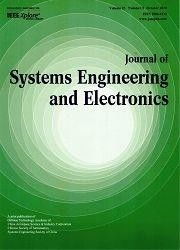
Systems engineering and electronic technology are two rapidly evolving fields that play a crucial role in modern society. This article aims to provide an overview of these disciplines, highlighting their significance, key concepts, and applications. By understanding the intersection of these fields, readers can gain insight into the innovative solutions that drive technological advancements.
Understanding Systems Engineering
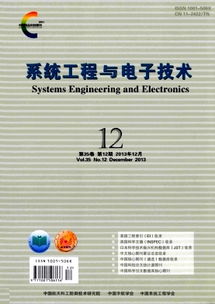
Key Concepts in Systems Engineering

The Role of Electronic Technology

Electronic technology is the application of electronic devices, particularly electronic circuits, to solve practical problems. It encompasses the design, development, and testing of electronic systems, which are integral to the functioning of modern devices. Electronic technology is essential in systems engineering as it provides the tools and components necessary to build and operate complex systems.
Applications of Systems Engineering and Electronic Technology

Systems engineering and electronic technology are applied in various industries, including aerospace, automotive, healthcare, and telecommunications. Some notable applications include:
1. Aerospace Industry

In the aerospace industry, systems engineering and electronic technology are crucial for designing and building aircraft, spacecraft, and satellite systems. These technologies enable the development of advanced navigation systems, communication networks, and control systems that ensure the safe and efficient operation of these vehicles.
2. Automotive Industry
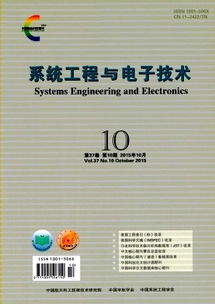
The automotive industry relies on systems engineering and electronic technology to create innovative vehicles with enhanced performance, safety, and efficiency. Examples include advanced driver-assistance systems (ADAS), electric vehicle (EV) powertrains, and in-car entertainment systems.
3. Healthcare Industry

In healthcare, systems engineering and electronic technology are used to develop medical devices, such as imaging equipment, patient monitors, and telemedicine systems. These technologies improve patient care, enable remote monitoring, and streamline healthcare processes.
4. Telecommunications Industry

The telecommunications industry utilizes systems engineering and electronic technology to design and maintain communication networks, including cellular networks, fiber-optic networks, and satellite communication systems. These technologies ensure reliable and efficient communication services for consumers and businesses alike.
Challenges and Future Trends
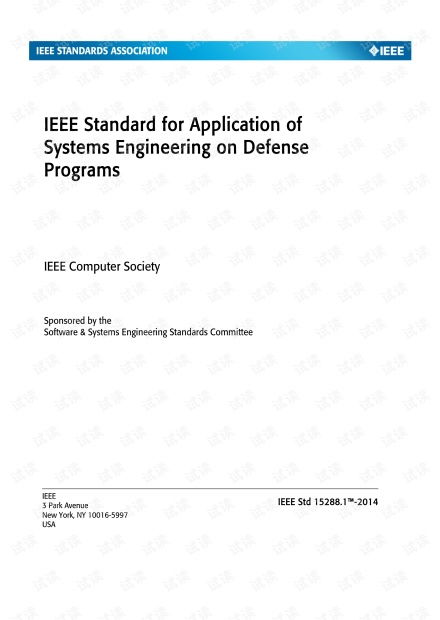
Despite the significant advancements in systems engineering and electronic technology, several challenges remain. These include the increasing complexity of systems, the need for interdisciplinary collaboration, and the rapid pace of technological change. Future trends in these fields may include the integration of artificial intelligence and machine learning, the development of more efficient and sustainable systems, and the expansion of the Internet of Things (IoT).
Conclusion

Systems engineering and electronic technology are essential disciplines that drive innovation and technological progress. By understanding the principles and applications of these fields, we can better appreciate the role they play in shaping our modern world. As these disciplines continue to evolve, they will undoubtedly lead to new breakthroughs and advancements that will further enhance our lives.
Tags:
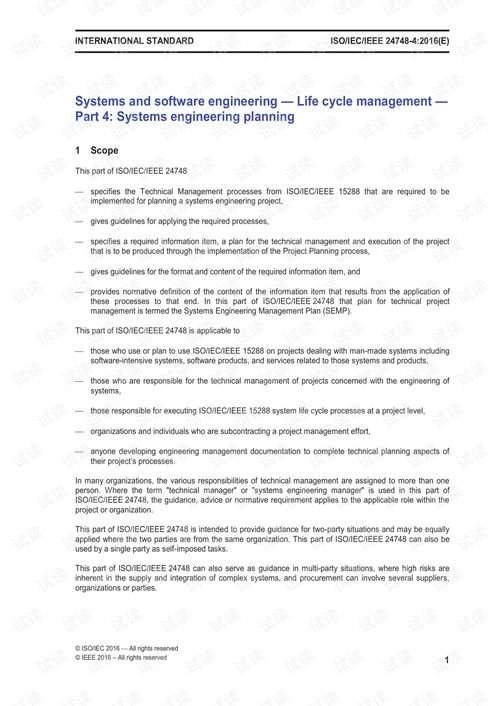
Systems Engineering, Electronic Technology, Aerospace, Automotive, Healthcare, Telecommunications, Artificial Intelligence, Machine Learning, Internet of Things
相关推荐
教程资讯
教程资讯排行


![本机的安卓系统是几,从初识到深度探索——以[本机安卓系统版本]为例](/uploads/allimg/20250419/7-25041ZH014J0.jpg)










